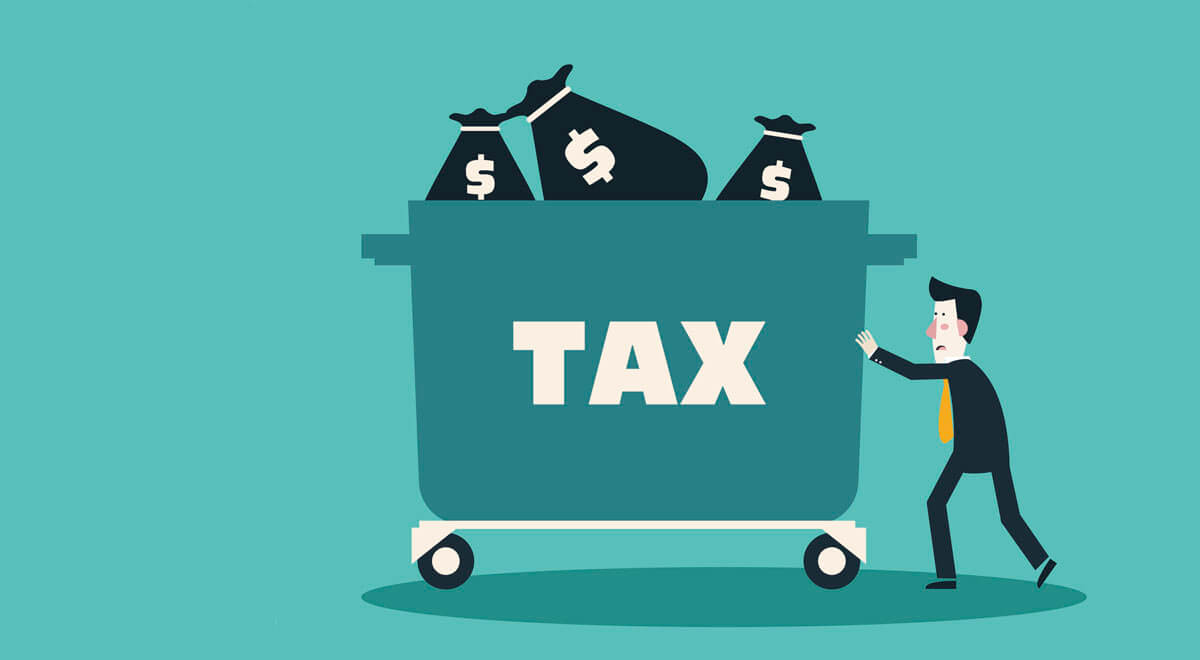Pay less tax on RRSP withdrawals
Live in the U.S. ? Income level and the state you live in affect taxation
Advertisement
Live in the U.S. ? Income level and the state you live in affect taxation

Evelyn Jacks is president of Knowledge Bureau, which offers e-learning at knowledgebureau.com. Evelyn tweets @evelynjacks and blog at evelynjacks.com
Share this article Share on Facebook Share on Twitter Share on Linkedin Share on Reddit Share on Email